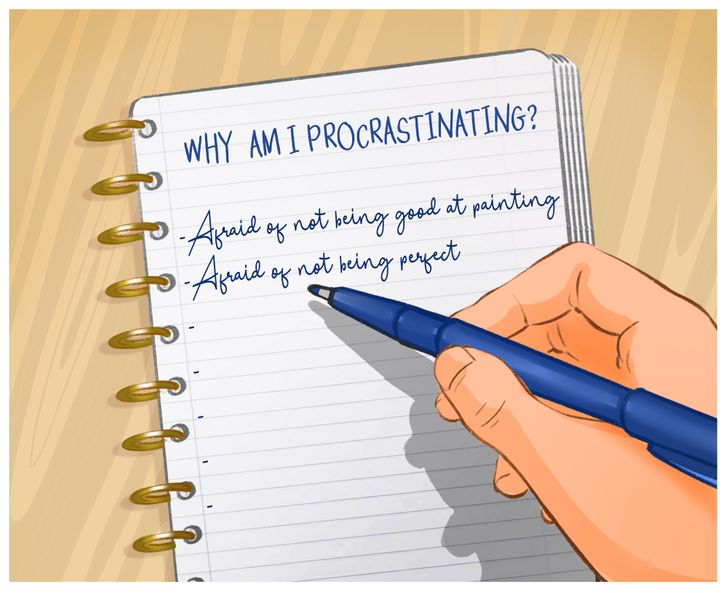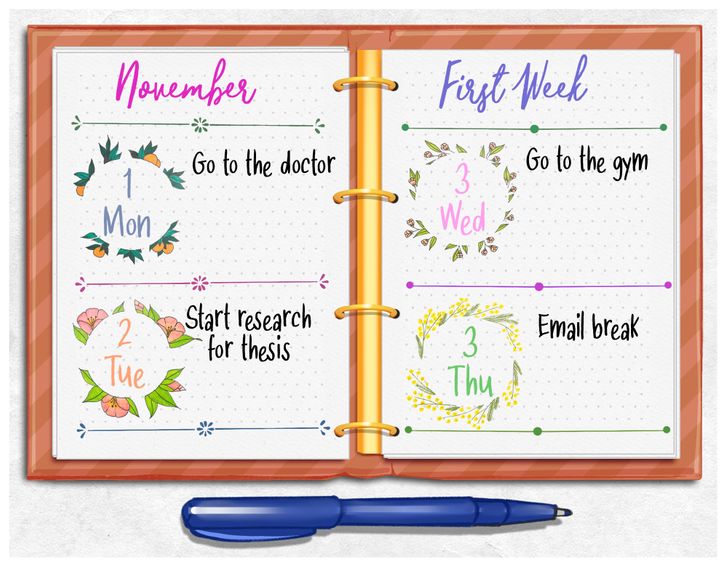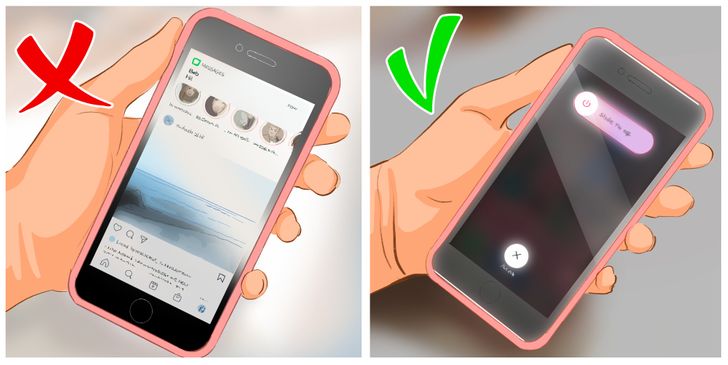11 Ways to Stop Procrastinating

It’s hardly surprising to see that people have found most anti-procrastination hacks useless since, for many years, procrastination has been misunderstood. Fortunately, research has shed new light on procrastination and came up with new ways to tackle the problem.
5-Minute Crafts has gathered advice on how to deal with procrastination, but in the end, it’s all up to you: the best way to fight procrastination is to get started with the tasks you’re delaying. However, a little push and a better understanding on what the real issue is might help.
1. Find out why you are procrastinating and write it down.

Psychologists believe that procrastination isn’t related to time management at all, but it’s more a way to regulate emotions. That’s why finding out why you are postponing a task is the key to finding the motivation to work. Most of the time, fear of failure is at the root of procrastination habits, but that’s not all. Some of the causes might be:
- The task you have to perform isn’t meaningful to you.
- You’ve been given a task by someone else.
- You are a perfectionist.
- You feel anxious because you will be evaluated by other co-workers and because your tasks are not under your control.
- You are uncertain of what is expected of you.
- You are afraid of the unknown.
- You don’t feel prepared to undertake the task because you lack knowledge or a specific skill.
Write your reasons down and keep them at hand to remind you of why you were procrastinating.
2. Do the emotional work.

- Don’t punish yourself for procrastinating. Think of procrastination as a natural response to stress. Even if it never really makes you feel better or improves the quality of your work, it does prevent you from feeling worse at that specific moment. So it’s all down to the issue of emotional management. For instance, say you’re too stressed to cope with a specific task now. Then you procrastinate on that issue for a while, and you think you’ll deal with it later. The problem is that most of the time this strategy backfires because the more you procrastinate, the more stress builds up. Then you end up feeling guilty and punishing yourself.

- Be compassionate with yourself and others. Don’t criticize yourself if you can’t succeed at something. Instead, think of failure as a way to gain new experience. Being hard on yourself and others only leads to more procrastination. This is because if you judge yourself and others negatively, you’ll experience more stress and that will just make things worse. Remember, just because you fail at something, doesn’t mean you’re a failure as a person, so forgive yourself. Even geniuses like Einstein made mistakes. So treat yourself and others like you’d treat a close friend or relative.

- Don’t escape from “negative” emotions. Learn how to accept and embrace your emotions in a wholesome way. That means that being sad or angry is not something bad, like many people think. That the only bad thing is how we react to these feelings. If we decide to ignore them, chances are they will show up in a different way, for instance in the form of procrastination. A good way to start is to carefully observe what you’re feeling without judging them as good or bad, but just as what they are: feelings.
3. Adopt anti-procrastination strategies.

- Create your own deadlines. A great way to get started is to break up big tasks into bite-sized chunks. Then set your own deadlines with specific goals. It’s just like building a house: you start by laying a brick, and then another, and then the next one after that. Then suddenly, you have a house.
- Don’t wait to be “in the mood” to get started. Getting started is a good step toward overcoming procrastination as a whole. A good trick is to think, “Let’s start doing the task” instead of focusing on “just doing it.” That’s because motivation follows action, which is another way of saying that if you start acting you will find the motivation you’ve been waiting for!

- Limit distractions. Consider turning your phone off, and blocking social media and other sources of distraction until you finish the task you’re working on. You can use the If-then technique to find out clearly what could distract you and make sure you commit to your task. It’s pretty simple, you can use this template:
If [SITUATION], then I will [ACTION].
Example: If my phone rings, then I will not answer.
- Focus on the process. According to this study, when your main concern is fear of failure, focusing on the process instead of the outcome can be of great help to tackle the task you’ve been postponing for so long.

- Work in a strange location. If you’ve made procrastination a habit, then break your old habits! Finding a new location to work from could help you do this. You can try working from a new cafe or from the park.
- Chunk up your work. Breaking your work into manageable pieces can help you get started. It will also make it easier to boost your confidence by making you feel like you are ticking things off your list.

- Reward yourself. Just as there’s a time to getting started, focusing on the task, and getting things done, there should also be a time for rewarding yourself after finishing a task and finally crossing it off your to-do list.